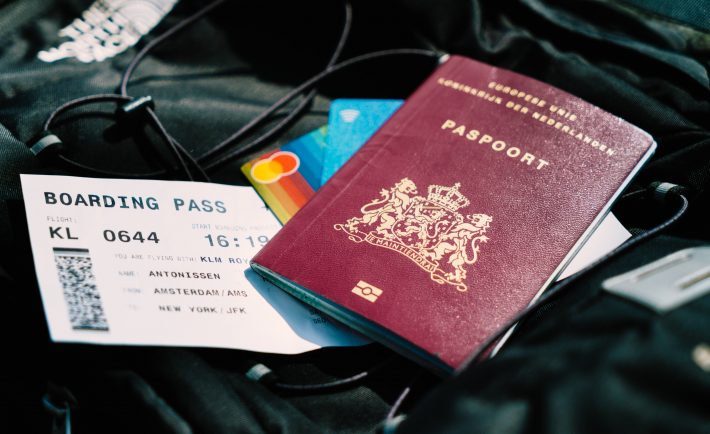There are many factors to consider when deciding if and where to migrate.
Can you get a valid visa? Are there job opportunities in your new country? Will you have access to quality healthcare? How long will it take for you to adjust to a new culture?
The answers to these questions will help you make the right decision for yourself and your family. In this article, we will explore some of the key issues you will need to think about before taking the plunge and moving abroad.
Understand the cost of living in your destination country
You may have already decided on a list of countries to migrate to—but now it’s time to figure out if you can live there comfortably.
The cost of living varies greatly from place to place, and before you can judge if you will be able to afford to move abroad, you need to understand it.
You can start by researching online and reading up on what the cost of food, transportation, rent, and other essentials may look like in your destination country.
Once you have an idea of what your expenditure level could look like, create a mock budget for yourself to get a better idea of how much money you’d need to survive in the country—and whether or not it’s doable for the lifestyle you want.
You want to avoid any unpleasant surprises after relocating, so a better understanding of expenses is crucial here. Put in the extra effort now and save yourself from unwanted disasters later!
Connect with other immigrants or locals

Image Credits: unsplash.com
Talking with others who have gone through the process of migrating, or those who live in the country you’re considering can go a long way in helping you gain clarity and peace of mind.
It’s best to connect with several people and seek opinions from different angles. This will help you get a better sense of the daily life in your desired city or country and what to expect, such as job opportunities, cost of living, etc.
You may be surprised at how many helpful and supportive people are out there. Reaching out is an essential step as it allows you to hear about their experiences directly and ask specific questions that give you a more realistic view before taking any next steps.
Consider language & cultural differences
Migrating to a new country is more than just packing up your bags and finding a place to stay.
After all, you will be living in a completely different place, with a different culture, possibly different language, and customs.
To have the best possible experience and make sure that you will feel at home in your new country, it’s important to do some reading beforehand.
- Knowing the local language
One of the first things you should consider when preparing for your move is learning the language of the country you’re moving to.
Knowing at least basic phrases will help you settle into your new life more easily, helping you with day-to-day tasks like shopping or getting around. Having an understanding of the local language will also help with networking and making friends who can help you along each step of the journey.
- Learning about the culture
Another meaningful thing to keep in mind when planning your move is learning about—and respecting—local customs and traditions.
Doing some research before your move will not only help you fit into this new social landscape but also avoid any cultural missteps that could embarrass or offend someone else.
Finding a job and accommodation

Image Credits: unsplash.com
Once you’ve considered the immediate and long-term consequences of your move to a new country, it’s time to think about how you’re going to make a living and live there. This can be either exciting or daunting depending on your perspective, but it is an essential component of the migration process.
- Finding a job
Your first task is to research the job market in your chosen destination.
A good place to start is by understanding which industries are growing, what skill sets are in demand, and whether any incentives exist for businesses to hire foreign workers.
Additionally, if you don’t already have an offer from an employer in your desired country, it might be worth looking at job search websites for opportunities that fit your skill sets.
- Accommodation
Before leaving your home country, think about where you’re going to live.
In some cases, this could be provided as part of an employment package. However, if you don’t have that option available, make sure you research homes that fit within your budget before committing to move.
What’s clear is that the decision to move to a different country is not one to be taken lightly, and the impact on your life, well-being, and financial situation can be significant. The best way to approach migrating is to consider the opportunity and potential available to you, thoroughly research your options and develop an action plan with realistic goals to achieve your objectives. Above all, make sure you have a solid understanding of the laws, regulations, and cultural norms of the country you are planning to move to, so you can make an informed decision about what will be the best for you (and your family) in the long term.

